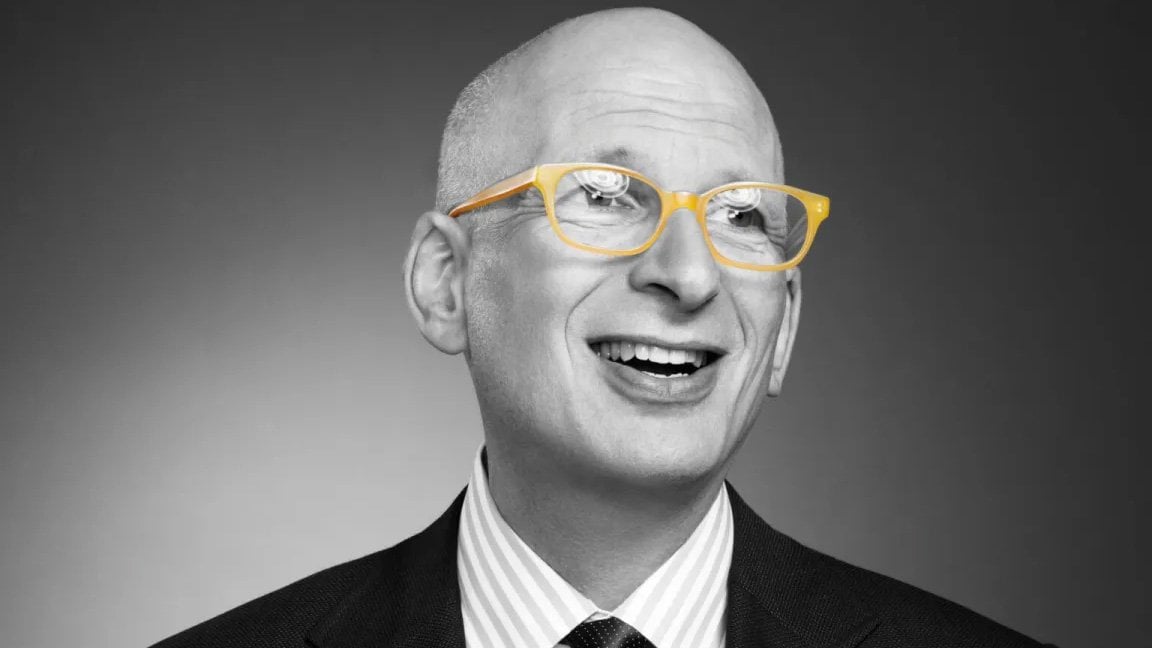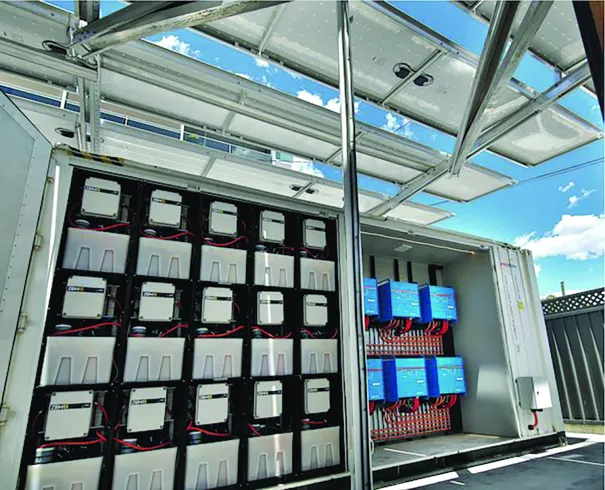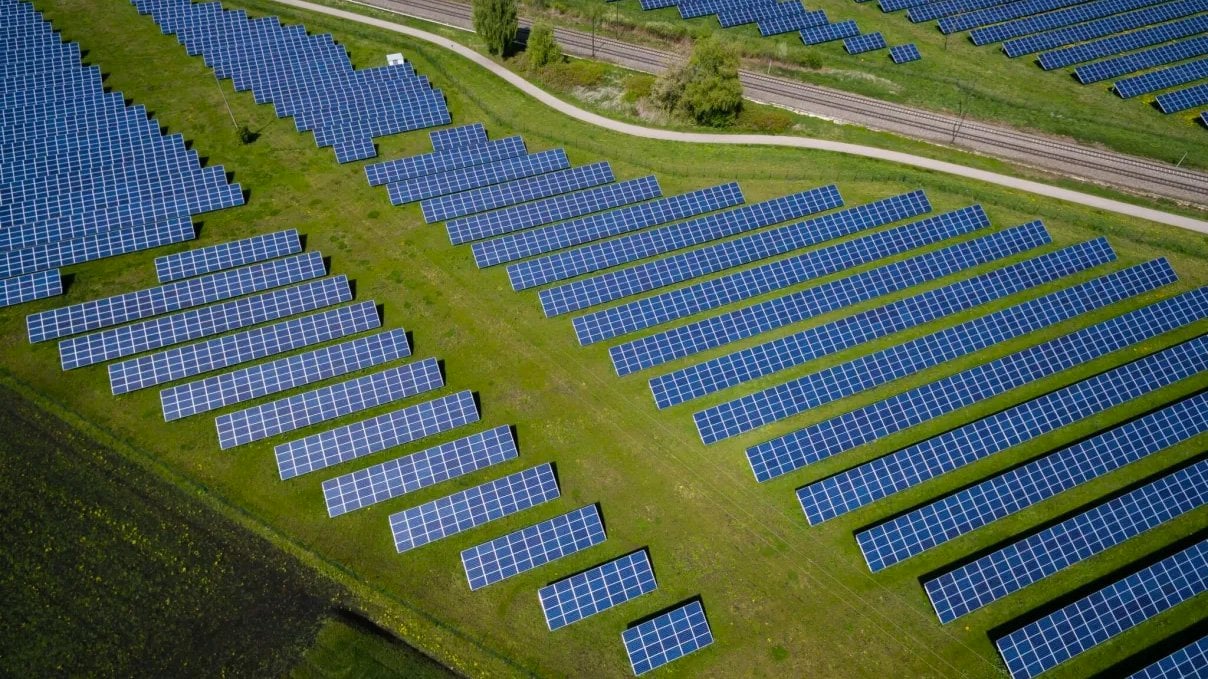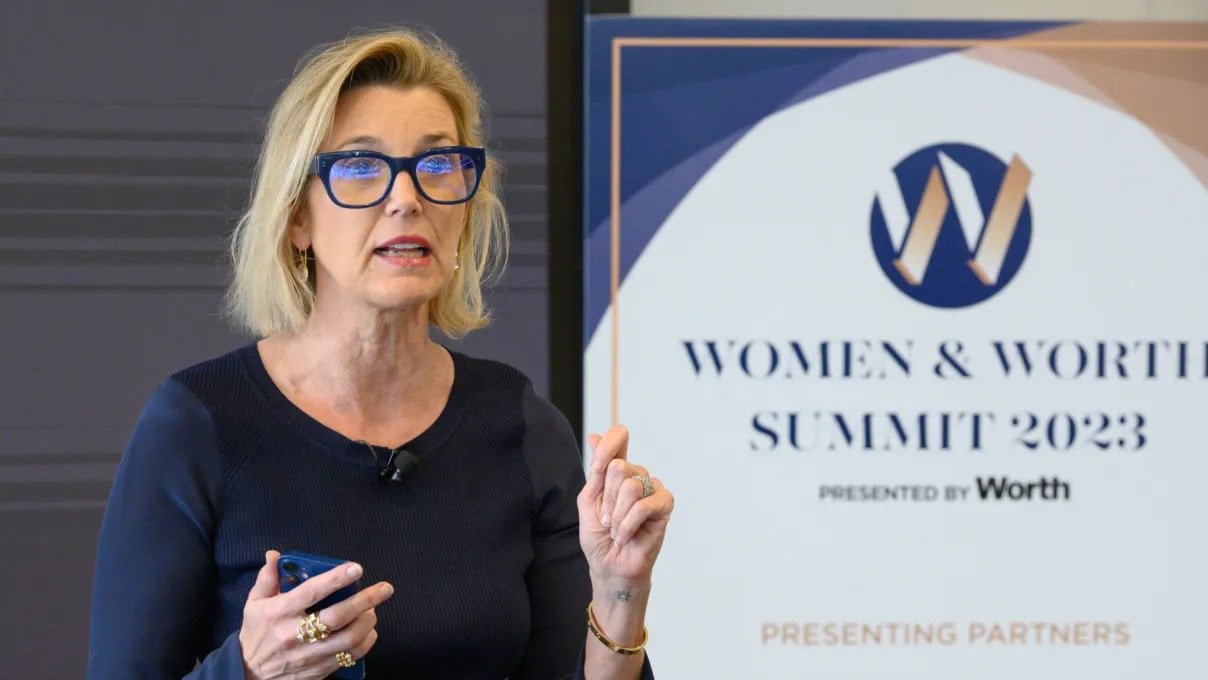The company I founded – 1-800-Flowers.com – proudly holds several technology firsts that played a part in transforming commerce. As our name suggests, we were a very early adopter of toll-free calling for orders. We were the first merchant on AOL. And we were one of the first major retailers with ordering capabilities powered by Amazon’s Alexa. Throughout my 40-year career as an entrepreneur, I have eagerly embraced new technologies and digital innovation.
There is some irony here, however, because at my core I am a huge proponent of in-person connection. My roots in the flower business are in conversation of the old-fashioned, face-to-face kind. When we ran our first flower shop in New York City more than 40 years ago, our customers didn’t just come to us to buy a bunch of sunflowers. They were our neighbors and friends – people who lingered with us in the shop to chat over a cup of coffee.

I miss the in-person connections that we had in the first store, but in recent years my nostalgia has turned to concern. I feared that we were slipping too far away from relationships grounded in person-to-person interaction into a digital-first realm of engagement. As we have moved online, our social circles have grown in size but shrunk in intimacy, leaving people today lonelier and more socially isolated than any previous generation. Research has shown how much digital technology that purports to “connect” us actually does quite the opposite as it encourages addictive behavior and feeds our insecurities.
Of course, the current global health crisis puts the dangers of loneliness into sharp relief. Today, many of us feel isolated – both physically and emotionally – and deeply anxious about the future. In this context, we have turned to phones and computers as escape paths from the outside world. Apps such as Zoom or Google Hangouts have skyrocketed in use as we find creative ways to satiate our need for more personal, face-to-face contact. I now regularly eat dinner with my grandchildren over FaceTime and have weekly Zoom meetings with my children.
These experiences have shown me that we need to lean into the digital tools at our disposal, rather than shy away in fear. Yet we still need better technology.
Right now, technology is our next best option to fill the void left by the lack of quality social interaction. But this is also a chance for long-lasting, positive change. Some social platforms may always contribute to feelings of false closeness, but this does not need to be the norm. If used constructively, technologies can be used to foster truly meaningful, impactful connections. This can combat feelings of isolation in the short term and set us on a course toward combatting the loneliness in the digital age long after social distancing subsides.

I’ve noticed great progress already – many digital platforms have adapted in these past few months to help facilitate more personal interactions. In March, Netflix launched a Chrome extension called Netflix Party, which allows users to sync their screens and watch programs together. A group chat appears on the side of the screen for sharing mid-movie thoughts. HouseParty, a social hangout app, has surged in popularity in the past three months due to its fun in-app game features like Trivia or Heads Up. A few of my friends have raved about Zwift – a virtual cycling program that lets users ride with a digital avatar. Zwift recently teamed up with Wahoo Fitness to start group sessions — a great way to recreate a community online.
Certainly, some innovators were working to improve digital interactions and promote healthy social media use before this spring. Cocoon, a new app built by a former Facebook employee, aims to create a safe space for only the most important people in your life by creating dedicated threads to share moments from your day (via photos, videos, moods or texts). The founders of Bunch – a video chat app for multiplayer games – created the program to help people spend more face to face time together. Users are automatically placed into the same game sessions as their friends and can video chat simultaneously. Over the past few weeks, Bunch’s total number of game sessions and hangouts grew by 50 times.
At 1-800-Flowers, we are working to enhance the quality – not quantity – of our digital relationships. We recently partnered with the self-care app Wisdo to launch Connections Communities, a peer-to-peer support portal that guides people through meaningful life events by connecting them with others who have walked the same path. The free service opens up communication channels to connect, talk, and share the human experience with an empathetic support system. We believe the Connection Communities encourage healthy behavior and active participation — real human conversation, not just “likes.”
I am proud of the role that my company played in creating the e-commerce revolution that has helped us navigate the coronavirus. Yet still, months into social distancing, the thing I crave most is a sit-down conversation with my friends, colleagues and customers. While we try to wait patiently for that day to come, we can use this pandemic for some good. Our eyes have been opened to how relationships and communities can be strengthened remotely. Because of this, I anticipate that many incredible new technologies are yet to come.
Jim McCann is Executive Chairman of 1-800-FLOWERS.COM and also is chairman of Clarim Holdings, which owns Techonomy Media.















